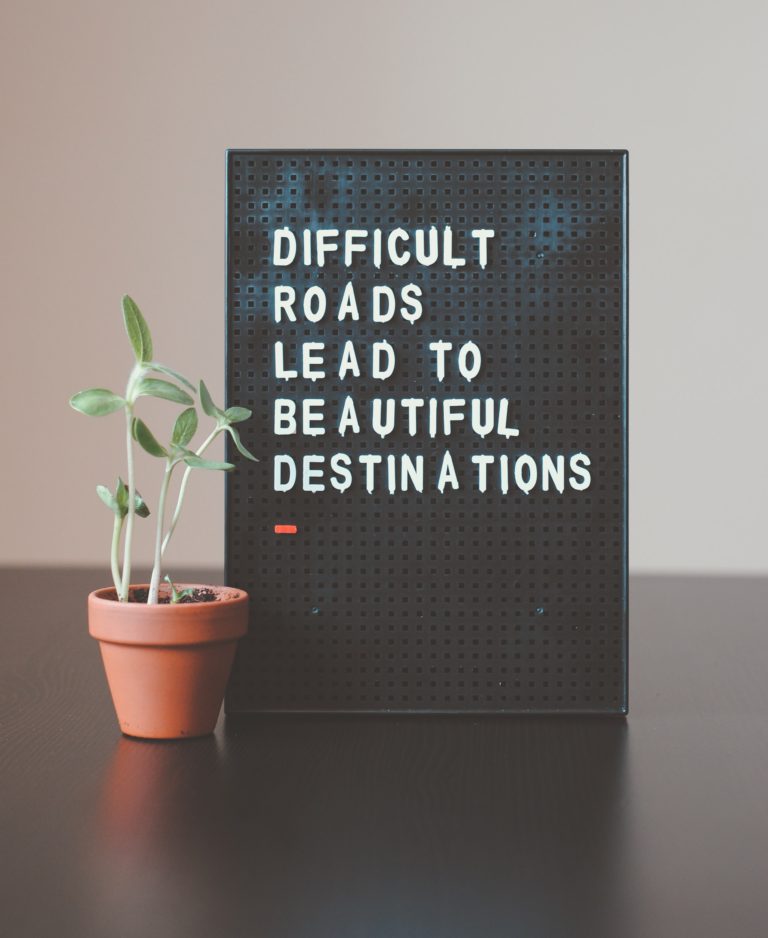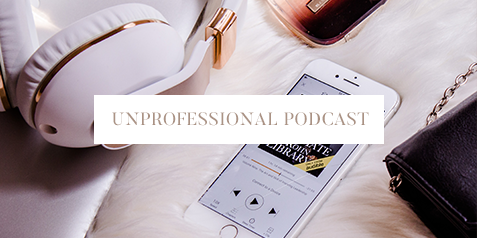Your job application was rejected.
You didn’t get a raise.
Someone else got the promotion you wanted.
A team member never speaks to you.
It doesn’t matter what form rejection takes. Bottom line, it hurts.
As human beings, we are hardwired to be sensitive to rejection.
Think about it: thousands of years ago, people needed to belong to a tribe to survive, and rejection served as an early warning to alert them that they were in danger of being kicked out. The more painful the rejection was, the more people would strive to correct their behaviors so they could belong.
The same principle applies today. We belong to different tribes in different aspects of our lives. Our team at work. Our families. Our friend groups.
In the workplace, we often associate our self-worth with our performance. Our careers are not our identities, and learning how to separate the two is a long-winded process.
Here are ways you can rise above rejection, no matter how painful it may be:
Know that other people experience rejection.
It happens to everyone; no one is exempt. It’s unfortunate when something doesn’t turn out the way we wanted it to, but that’s the reality of life. If you take rejection as a normal part of life that everyone, including yourself, will experience at some point, you’ll learn to not be so afraid of it and handle it better when it happens.
Allow yourself to process the pain.
Instead of suppressing, ignoring or pretending the rejection isn’t painful, acknowledge it and allow yourself to feel the hurt. It’s okay to admit that you’re sad, discouraged or even embarrassed. Avoiding emotions is bad for your health. Convincing yourself that you’re not affected will also prolong the pain, whereas acceptance and allowing yourself to experience the pain will reduce its intensity in the long run.
Use rejection as motivation.
Thomas Edison failed thousands of times before successfully inventing a functional light bulb. As he famously put it, “I have not failed. I’ve just found 10,000 ways that won’t work.” Rejections are not meant to break you, but they are meant to help you find the right path that is best for you. It also allows you to discover more areas of improvement.
The rejection you experience now can strengthen your mentality and contribute to your success in the future. If you allow yourself to experience it, the pain will motivate you to do better and do more. Many insanely successful people have been rejected before they made a breakthrough, like Lucille Ball, Stephen King, Steve Jobs, Walt Disney and J.K Rowling to name a few.
Remind yourself of your strengths.
Getting rejected does not mean you are a failure. One way to heal your wounds is to list the things that you are good at. Build up your confidence and know your worth. Doing so will help you be less afraid to take chances and be vulnerable again.
The Bottom Line
Be kind to yourself. A rejection does not in any way define who you are. Rejection naturally stings and may cause self-doubt. Do not let the fear of rejection stop you from experiencing what life has to offer. The pain will eventually fade, and how you deal with rejection determines what opportunities you allow to come and go.
Look at rejection as an opportunity to do better. Sure, getting rejected is uncomfortable and painful, but there is no growth when you’re stuck in your comfort zone.
Talking about the rejection you’ve experienced is a great way to practice being vulnerable. And embracing those experiences to make yourself stronger is what builds character and resilience that is unique to each of us.
The most human leaders are those who bring their full selves to work, including what they consider to be shortcomings or imperfections. Being open about the rejection we’ve faced takes us one step closer to a more human work environment.
DM me on IG @hilarycorna with your ideas to normalize talking about rejection at work. I’d love to hear your thoughts.
For more about humanizing experiences in the workplace, check out my podcast UNprofessional, where we explore the boundaries of work, humanity and culture. New episode out today on Spotify and Apple podcasts.
In love and respect,
Hilary Corna














